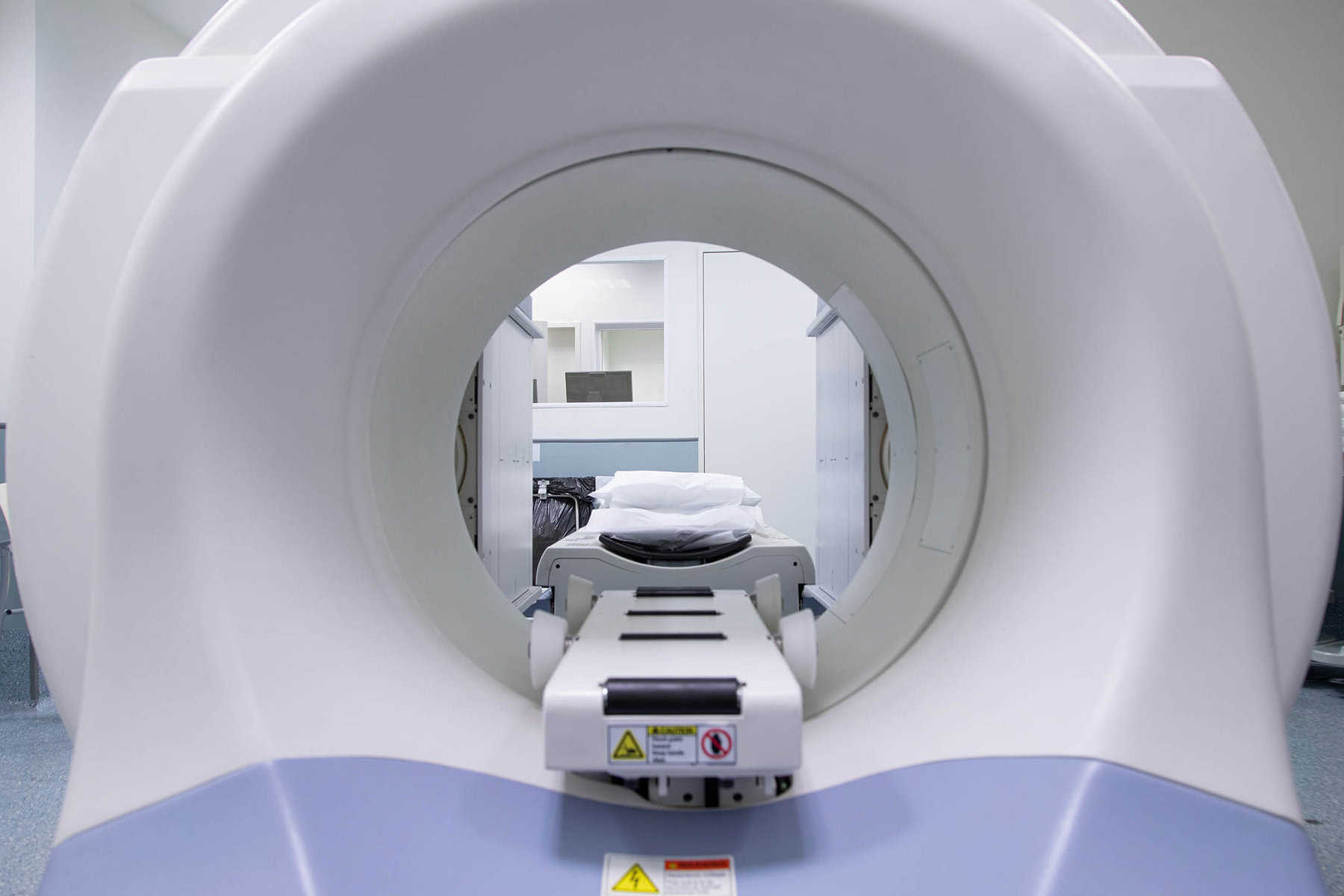Comprehensive Care for Recurrent UTIs
Find relief from recurrent UTIs with expert care at The Forbury Clinic. Submit an enquiry for a consultation and explore our advanced treatment options.

Overview of Recurrent UTIs
Recurrent urinary tract infections (UTIs) are a common condition that can cause significant discomfort and disrupt daily life. Characterised by frequent episodes of infection, recurrent UTIs require careful management and treatment to prevent complications and improve quality of life. Addressing and treating recurrent UTIs promptly is crucial to alleviating symptoms and preventing long-term kidney damage. At The Forbury Clinic, we specialise in diagnosing and treating recurrent UTIs with personalised care and advanced techniques. Contact us today to learn more and schedule a consultation.


What are Recurrent UTIs?
Recurrent UTIs are defined as having two or more infections within six months or three or more within a year. These infections occur when bacteria enter the urinary tract and multiply, leading to symptoms such as a frequent, urgent need to urinate, burning sensation during urination, cloudy or strong-smelling urine, and lower abdominal pain. In severe cases, patients may experience blood in the urine and fever. Recurrent UTIs are more common in women due to their shorter urethra, but men and children can also be affected. Prompt and effective treatment is essential to prevent chronic kidney infections and other complications.
Causes and Risk Factors
Causes
Recurrent UTIs can result from various factors, including:
Bacterial Infections:
The most common cause is infection by E. coli bacteria, which can enter the urinary tract from the digestive system.
Incomplete Bladder Emptying:
Conditions that prevent the bladder from emptying completely can allow bacteria to multiply.
Urinary Tract Abnormalities:
Structural abnormalities in the urinary tract can contribute to recurrent infections.
Catheter Use:
Long-term use of urinary catheters can introduce bacteria into the urinary tract.
Sexual Activity:
Increased sexual activity can introduce bacteria into the urinary tract.
Risk Factors
Gender:
Women are more likely to develop recurrent UTIs due to their shorter urethra.
Age:
Postmenopausal women and older adults are at higher risk due to changes in the urinary tract.
Family History:
A family history of UTIs can increase the likelihood of recurrent infections.
Medical Conditions:
Conditions such as diabetes, kidney stones, and an enlarged prostate can increase the risk.
Hygiene Practices:
Poor personal hygiene can contribute to bacterial infections.
Diagnosis
Diagnosing recurrent UTIs involves a comprehensive evaluation at The Forbury Clinic. The diagnostic process includes:
- Medical History and Physical Examination: Discussing symptoms, medical history, and lifestyle factors with a specialist.
- Urine Tests: Analysing urine samples to detect the presence of bacteria, blood, or pus.
- Urine Culture: Identifying the specific bacteria causing the infection and determining the most effective antibiotics.
- Imaging Tests: Ultrasound or CT scans to detect structural abnormalities or blockages in the urinary tract.
- Cystoscopy: A procedure where a thin tube with a camera (cystoscope) is inserted through the urethra to examine the bladder and urethra for abnormalities.
These diagnostic tools ensure a thorough and accurate diagnosis, allowing for effective treatment planning.

Treatment of Recurrent UTIs
At The Forbury Clinic, we offer a range of treatment options for recurrent UTIs, tailored to each patient’s specific needs.
- Non-Surgical Treatments
- Surgical Treatments
- Innovative Treatments
Antibiotics:
The primary treatment for bacterial UTIs is a course of antibiotics to eliminate the infection. Long-term, low-dose antibiotics may be prescribed to prevent recurrent infections.
Hydration:
Increasing fluid intake helps flush out bacteria from the urinary tract and dilute urine, reducing irritation.
Probiotics:
Taking probiotics can help restore healthy bacteria in the urinary tract and prevent future infections.
Hygiene Practices:
Improving personal hygiene, such as wiping from front to back and urinating after sexual activity, can help prevent infections.
Correction of Structural Abnormalities:
Surgery may be required to correct structural abnormalities in the urinary tract that contribute to recurrent infections.
Removal of Kidney Stones:
Procedures to remove kidney stones that are causing blockages and recurrent infections.
Bladder Instillations:
Medication can be directly instilled into the bladder to reduce inflammation and prevent infections.
Cranberry Products:
While evidence is mixed, some studies suggest that cranberry products can help prevent recurrent UTIs by preventing bacteria from adhering to the bladder wall.
Managing Recurrent UTIs
Managing recurrent UTIs involves a combination of medical treatments and lifestyle adjustments:
Hydration:
Drinking plenty of fluids to maintain a healthy urinary system.
Dietary Changes:
Reducing intake of bladder irritants like caffeine, alcohol, and spicy foods can alleviate symptoms.
Regular Monitoring:
Follow-up appointments at The Forbury Clinic ensure ongoing monitoring and prevention of recurrent infections.
These management strategies complement medical treatments and provide a holistic approach to maintaining urinary health and overall well-being.
Complications
- Kidney Infections: Untreated UTIs can lead to serious kidney infections, which can cause permanent damage.
- Chronic UTIs: Recurrent or chronic infections can damage the urinary tract and lead to long-term issues.
- Sepsis: In severe cases, the infection can spread to the bloodstream, leading to a life-threatening condition known as sepsis.
Prognosis
With prompt and appropriate treatment, the prognosis for recurrent UTIs is generally excellent. Most patients experience significant symptom relief and a reduction in the frequency of infections. Preventative measures and regular follow-ups can help reduce the risk of recurrence and ensure long-term urinary health.


Why Choose The Forbury Clinic?
Choosing The Forbury Clinic for your recurrent UTI treatment ensures you receive exceptional care from a team of experienced specialists. Our clinic is renowned for its expert medical staff, who are dedicated to providing precise diagnoses and effective treatments tailored to each patient’s needs. We utilise cutting-edge technology and the latest medical advancements to offer innovative solutions for recurrent UTIs and other urinary conditions. Our patient-centred approach prioritises your comfort, privacy, and overall well-being, ensuring a supportive and compassionate environment. With comprehensive diagnostic and therapeutic services, The Forbury Clinic is committed to helping you achieve optimal urinary health and a better quality of life.